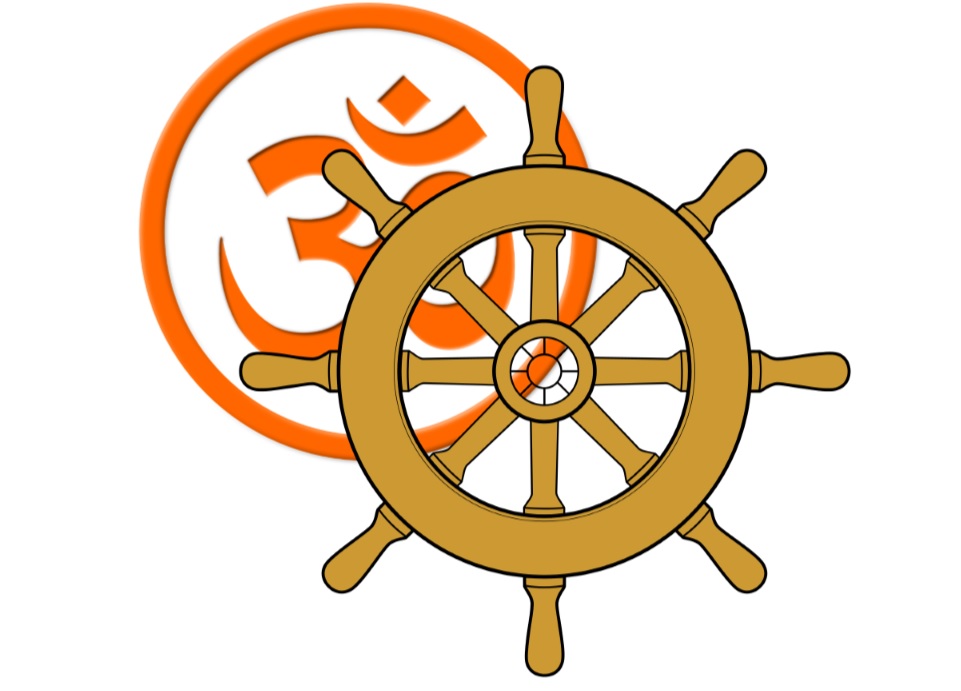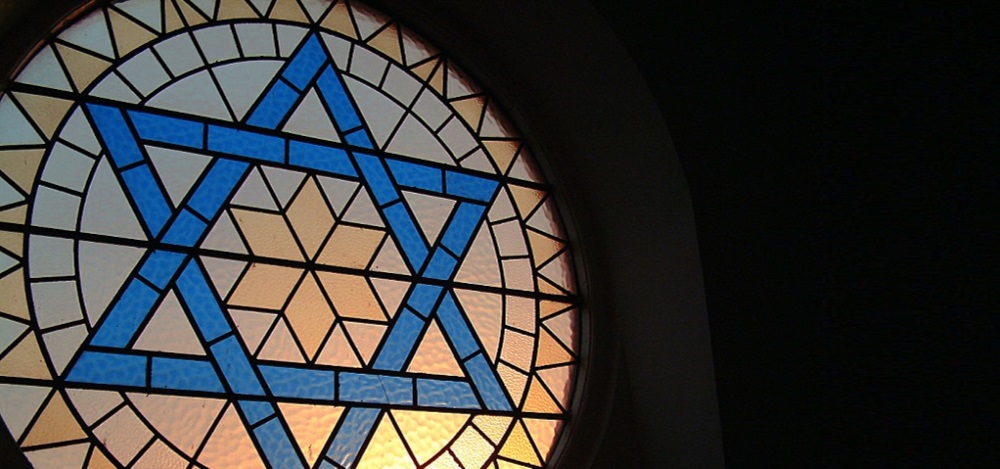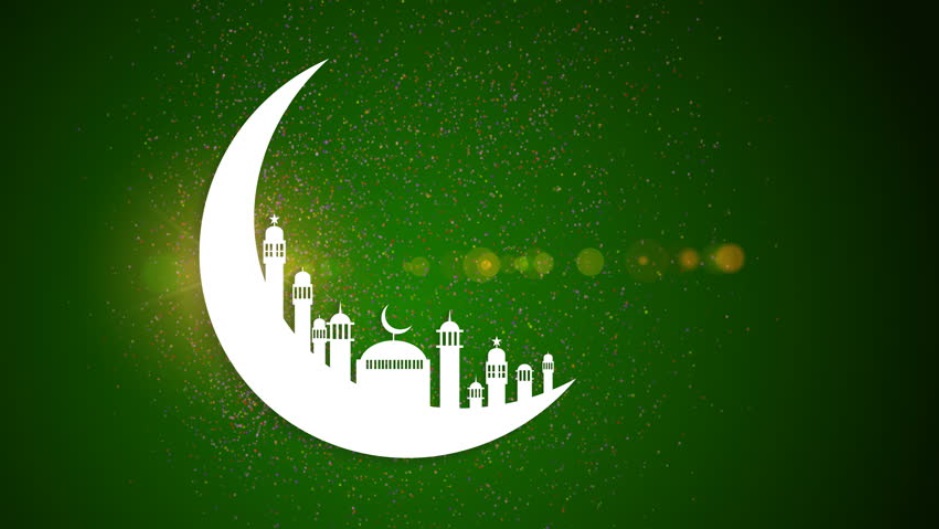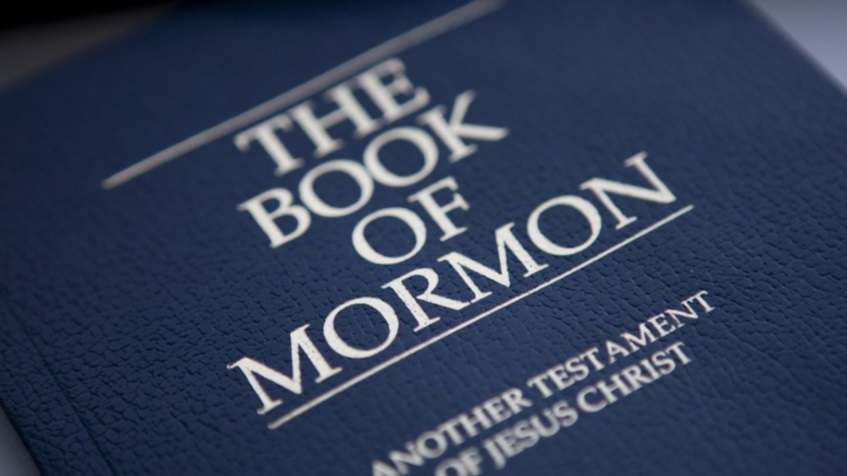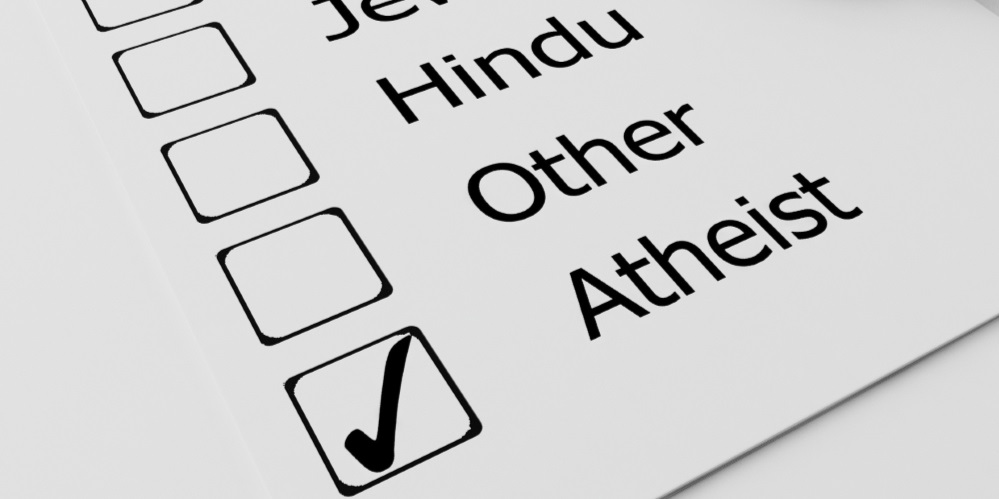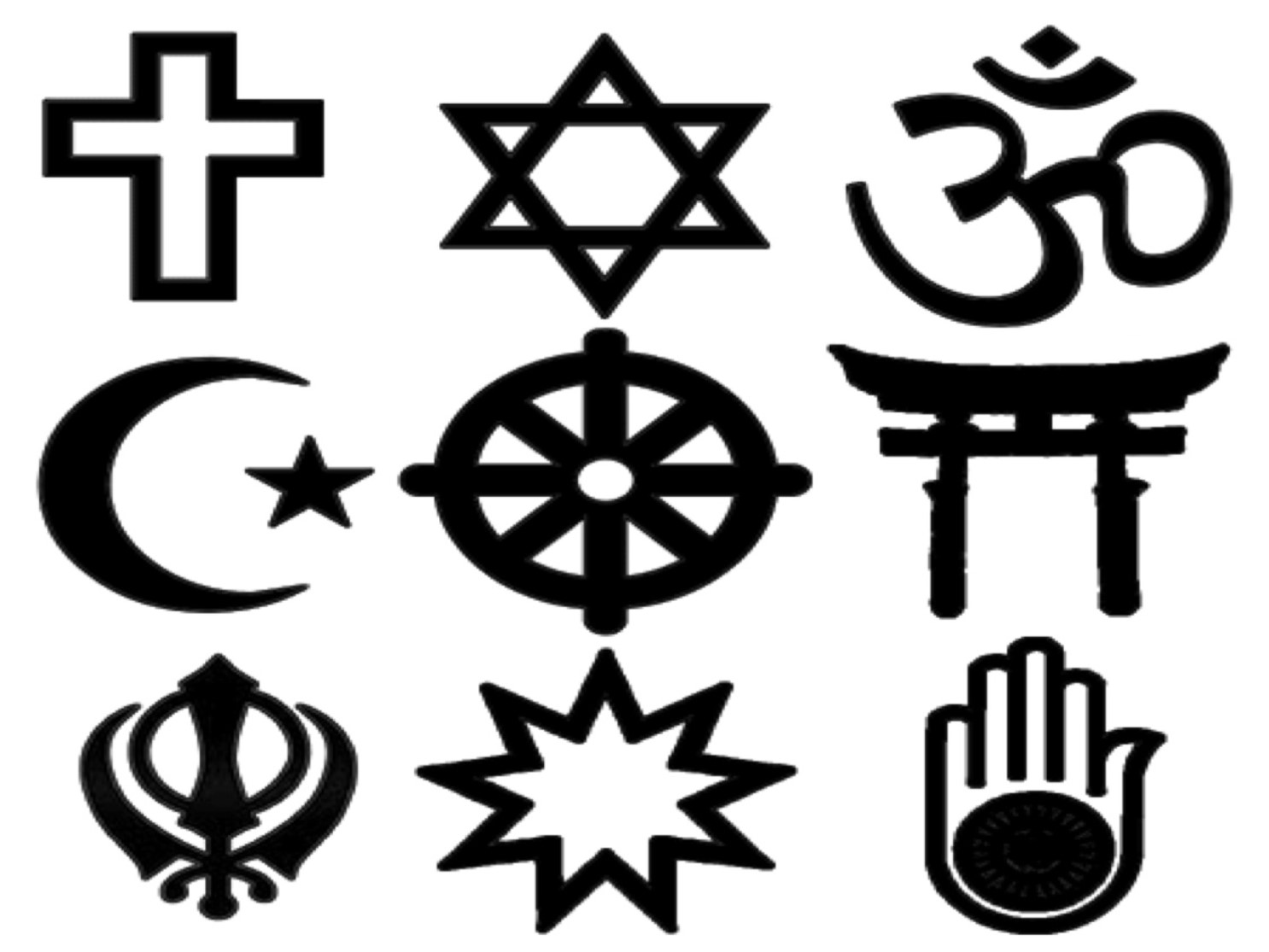Other Beliefs
Historical and Theological Comparisons
Introduction
These resources on Other Beliefs explore the epistemology (proof for, and provability), metaphysics (ideas about God and reality), ethics, and historical development of various belief systems.
Conversation Stations:
Is a Good Friend Hard to Find? (and instructions and conversation tree)
Whose Justice? (and instructions and talk on Christian Restorative Justice)
Whose Justice? (Harvard Law School version)
What Can We Do About Evil? (and instructions and conversation tree)
What Can We Do About Evil? (smaller)
Que Podemos Hacer Sobre La Maldad? (for the Asociacion Dominicana de Estudiantes Evangelico, 2014)
What Can We Do About Evil? (brochure version)
What Story Do You Live In? (and associated message)
Does the Good Outweigh the Bad? (and instructions)
Race What's the Problem? (and instructions)
Race What's the Problem? (brochure version)
Find Your Heart's Desire? (and instructions and theological essay)
Find Your Heart's Desire (version 2)
Is Religion Just a Cultural Thing? (and instructions)
The Bible Gospel, Guide, or Garbage?
Who Do You Think Wrote This? (and instructions)
How Much of an Atheist Are You? (and instructions)
Your Body: Does it Have a Purpose? (and instructions)
What Are You Here for Anyway? (and instructions)
How Much Truth is in Harry Potter?
High Level Comparisons
The Desire for a Happy Ending: Interpreting the Movies, Songs, and Stories Around Us
We like happy ending stories because we long for an actual happy ending for the world. This workshop groups all belief systems into not happy ending vs. happy ending stories; and then internal vs. external villains.
The Conflict of Stories: Circular, Christian, Western, Muslim, Secular, Individual
This delves into the biblical story as the original happy ending story, and other happy ending stories as parodies that change the plot arc, villain, and hero.
Six important questions that sort through various belief systems.
Human Dignity: Does Every Individual Matter?
Science, philosophy, existentialism, other religions, and double-predestination based theologies mean that some human beings do not matter. Only a fully Trinitarian theology with a medical substitutionary atonement can provide an adequate foundation.
Desires, Beliefs, and How We Know Truth
A presentation comparing the role of desire in various belief systems. Our desires suggest that we have both good and evil in us (we’re made in the image of God & wounded by sin). This does not prove, but agrees with, the biblical story. Some desires can be taken up and expanded by Jesus; other desires, Jesus reshapes or transforms.
Images of God in a Broken World
This is a series of three messages dealing with (1) how we inherit the image of an evil "god" from a broken world; (2) how Jesus is the accurate and perfect image of God despite our broken world, because he healed human nature in himself; and (3) how Jesus renews the image of God in us by his Spirit, to share God's goodness in a broken world
Evil and the Christian God and Theology of Atonement
This paper explores how the character of God drives the type of story one lives in, and the type of atonement required to be consistent. Evil and the Christian God is a shorter version of the paper above.
Other Resources on Other Beliefs: High Level Comparisons
Rodney Stark, Discovering God: The Origins of the Great Religions and the Evolution of Belief. Harper One | Amazon page, Oct 2, 2007. An incredible tour-de-force of virtually every major religious belief system that has ever existed. Stark explores the historical and conceptual dimensions of each. His chapter on how anthropologists treated nomadic and semi-nomadic peoples is stunning.
John Polkinghorne, Interview. At the 26:20min mark, Polkinghorne discusses theology and other belief systems. Polkinghorne is a British astronomer who also became a minister and theologian.
Trevin Wax's summary of Rodney Stark, The Rise of Christianity: How the Obscure, Marginal Jesus Movement Became a Dominant Religious Force in the Western World in a Few Centuries. The Gospel Coalition, Mar 4, 2013.
Louise Ridley, Does Religion Really Cause War - And Do Atheists Have Something to Answer For? Huffington Post, Nov 18, 2014.
Roger Olsen, A Blast from the Theological Past That’s Still Relevant: Augustus Hopkins Strong’s “Ethical Monism” (“There is but one substance—God.”) Patheos, Feb 9, 2015.
Roger Olsen, An Example of Unwarranted Theological Speculation: Divine Timelessness. Patheos, Feb 19, 2015.
Chris Mooney, The Surprising Links Between Faith and Evolution and Climate Denial - Charted. New York Times, May 20, 2015. An interesting as I think the principle of meritocratic-retributive justice standing behind penal substitution is also an influence.
Joseph Tkach, Beware Historical Revisionism. Grace Communion International, Mar 2, 2016.
Sigal Samuel, Why Are Some People Attracted to New Religions? The Atlantic, Aug 30, 2017. In their own words
Yonat Shimron, Ruth Bader Ginsburg, Who Died Friday, Was Shaped by Her Minority Faith. Religion News Service, Sep 18, 2020.
BBC News, Has India’s Caste System Migrated to the US? BBC News, Mar 2, 2023. Seattle, WA is the first city to ban discrimination by the caste system because of its presence in the tech sector.
Other Beliefs: Topics:
These resources on Other Beliefs explore the epistemology (proof for, and provability), metaphysics (ideas about God and reality), ethics, and historical development of various belief systems. Comparisons are drawn between Christian faith and Hinduism and Buddhism, Judaism, Islam, Mormonism, and Atheism.

